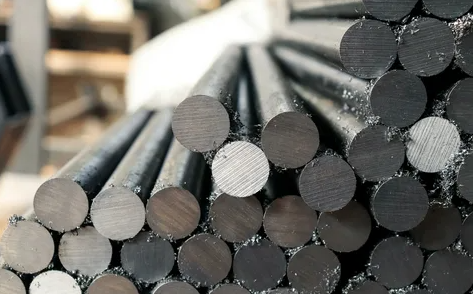Supply chain restrictions, trillions in government spending and unusually high consumer demand have helped lift U.S. inflation to its highest level in 40 years, but geopolitical factors are also fueling rapid price increases.
A new analysis published by the Peterson Institute for International Economics, a Washington-based think tank, says China has exacerbated record high inflation by imposing new tariffs and restrictions on two key commodities: fertilizer and pork. In doing so, Beijing has pushed prices higher around the world.
In a little-known move that began in July last year, China ordered its firms to stop selling fertilizer to other countries in order to conserve stocks at home. By October, although the move had already sent world fertilizer prices skyrocketing, Beijing imposed further restrictions on exports.
This led to a sharp rise in prices and forced farmers to go without fertilizer or pay much more for the product, long before Russia launched a military operation on February 24. Export controls will last at least until the end of summer.
Beijing has also imposed restrictions on steel exports in what was once accused of overcapacity, and low-priced exports have driven steelmakers out of the US, Europe and elsewhere. China is now exacerbating its steel glut, pushing prices up around the world and adding to inflationary pressures, according to PIIE.
This is because China announced at the end of 2020, after steel prices began to rise, that it would instigate a reduction in domestic steel production to help meet "decarbonization targets", which would further accelerate prices.
To bring down prices domestically, China lifted a ban on steel scrap imports in January 2021 and restricted exports in May to keep more local production. The country also increased export duties on five types of steel products and further restricted exports by eliminating the 13% value-added tax rebate on 146 or more units. In August, Beijing imposed another series of restrictions, imposing new export duties and ending VAT exemptions.
"This combination of Chinese trade policies may have helped lower domestic steel prices," the analysis said. “By March 2022, steel prices in China were 5% lower than they were before the first round of export restrictions in April 2021. But, as with fertilizer, this decline has come at the expense of the rest of the world, where prices outside of China remain higher.”
In addition, China has raised tariffs on pork: in 2018, China accounted for nearly half of global pork production and consumption and 17% of global imports. An outbreak of swine fever forced the country to reduce production; as a result, pork prices in China more than doubled in 2019 compared to the previous year.
China exacerbates US inflation with tariffs on steel and other goods

|
|
Azovpromstal® 3 May 2022 г. 10:05 |





